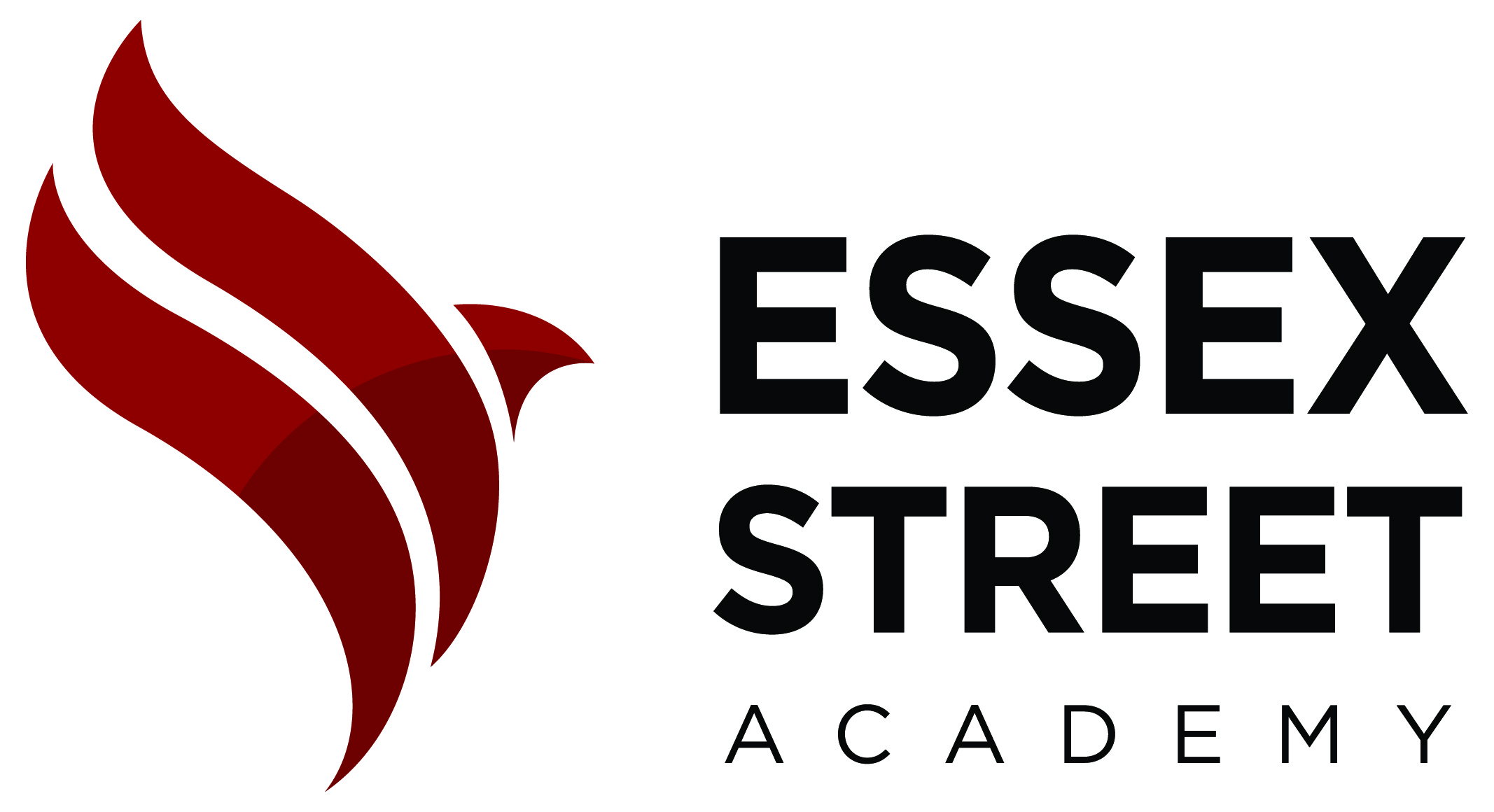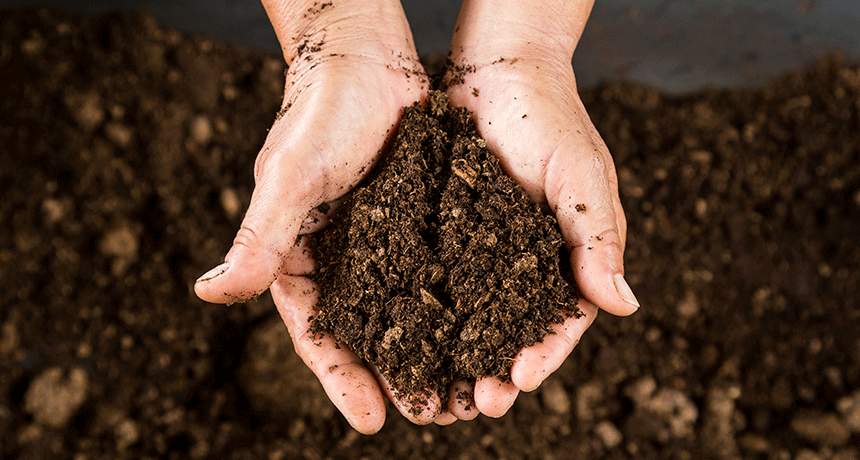This is my second semester teaching Sucio, an earth science course based on soil. This class is mainly about experimental design with a focus on the complexities of soil. Throughout the semester students work in groups to design, setup, and collect data about their experiments. Recently, students have finished the first experiment. In the first experiment, students were testing three different soils and determining what purposes (growing plants, home for organisms, building material, and moisture absorbency) each soil would be best at. Currently, we are learning about the ways that humans negatively impact soil. Some examples of this are: monoculture, pesticides, and deforestation. In this unit students will design experiments that will test their hypotheses around the ways that humans damage soil. We will finish out the year learning about ways that humans help soil.
I am interested in building personal authenticity for my students this semester and question how I can help students build deeper connections between themselves and their work within their communities. It would seem as if that would be an easy task because we need soil for the basic everyday necessities such as food and clothing. But as New Yorkers we are fairly removed from soil, and most do not interact with it on a daily basis or understand the power that it holds in keeping us healthy.
Based on all of this, my problem of practice is: How can my students identify and act on soil related (or adjacent) issues in their communities?


Neha, your PoP is so interesting! I had the same thought while reading your blog spot, since I’m not sure what kinds of soil issues we have as New York city residents. Are there articles or documentaries that the kids could watch to help them construct their own understanding of the ways that these issues impact our lives even when living in the city? When asked, have the students expressed any prior knowledge about soil issues, either within or outside of our city?
Hi Neha!
I love your post (and also kind of want to be a student in your class!). I am particularly interested in soil as it relates to healthy food production. I had a couple thoughts while reading about your course. I thought about hands-on, related experiences for your students and perhaps a trip to a local farm could be a really cool way for “city kids” to see where their food comes from and how it is grown. This website looks like it has a lot of good information for trips/resources. https://www.grownyc.org/greenmarket/education/farmfieldtrips.
I’m not sure how this would work, but I was also thinking it could be cool to involve the class in some sort of “farm share” subscription (maybe through a donors chose grant)? The kids could select produce that they know their families cook/eat and it could be a cool way to include student culture into the curriculum.
Neha, I’m no expert on soil, but I would guess that soil comes into the picture when trying to combat the effects of rising sea levels. This may feel like a concern NYC students have thought about, as lots of them may have been affected by flooding from hurricanes in the past.
Urban planners in NYC might think about soil type for new projects. To this end, I did a quick google search and found a site that feels super relevant: https://www.soilandwater.nyc/soil.html
On the site, there are soil maps, soil survey results, etc. that feel like they could be easy ways to help students see where soil comes into the picture.
Lastly, a wholly different idea: some students may end up with a house plant at one point in their lives. Perhaps students could do a project that involved them trying to pick out and grow plants that would thrive in the soil of the closest park to their homes, which maybe they could discover with the above site.